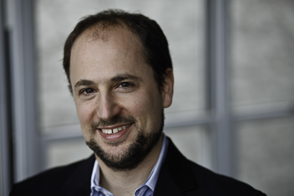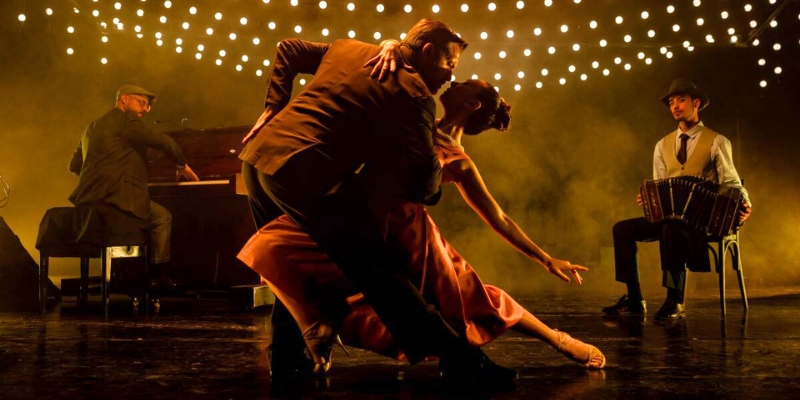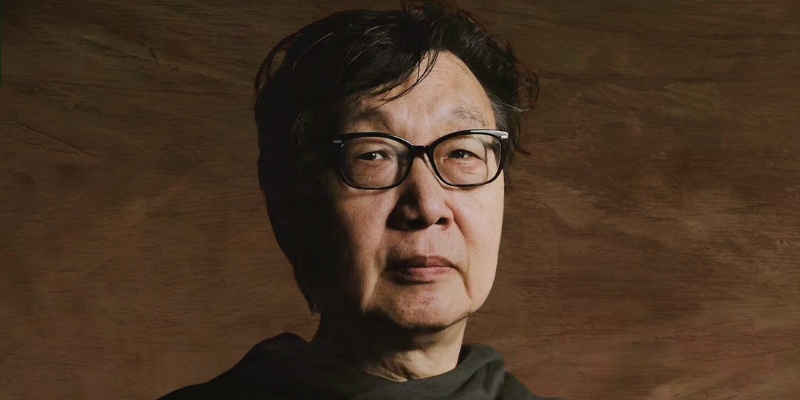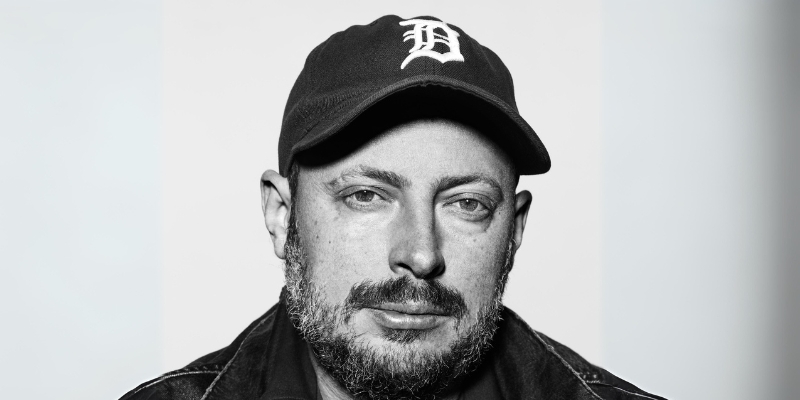On July 17, in the Forum at Town Hall, there will be a screening of the documentary, No Small Matter, and a post-movie discussion about childcare access. Get your tickets now.
The film’s directors are Danny Alpert, Jon Siskel, and Greg Jacobs. Town Hall’s own Jonathan Shipley talked to Jacobs about early childhood education, brain works, and Cookie Monster.

Greg Jacobs
JS: What got you interested in the subject matter? Do you have children of your own?
GJ: So my co-directors—Danny Alpert, and Jon Siskel, and I—all have slightly different “origin stories” for how we got interested in this issue. For me, it started when we were asked to do a video for The Ounce of Prevention Fund, a big early childhood advocacy organization here in Chicago. The video was about their flagship Educare, an incredible early learning center for low-income kids and families on the city’s South Side. After a week of filming, I was like, ‘Why hasn’t anyone told me about this!?’
I’d been interested in education issues for a while (I’d written a book about school desegregation in my hometown of Columbus, Ohio), but I’d pretty much given up on K-12—the battle lines were so entrenched that it seemed like nothing we tried would make things better. But seeing Educare made me think, ‘What if the best way to improve the K-12 system is actually to improve the raw material coming into it? What if instead of 5 out of 25 kids arriving at a kindergarten class ready to learn, 20 of 25 did? What impact would that have on, well, pretty much everything that follows?’ And that’s when I became a zealous convert to the cause!
And by the way, I do have two kids, but sadly, they’re now teenagers, so they’ve both aged out of No Small Matter.
JS: The director statement on your website says, “Duh!” of course early childhood education. What made you want to take this on as a project?
GJ: After that first video, we did a few more, and each one made us more convinced of the issue’s scope and importance. Finally, we said, ‘We want to do ‘the big one’—the comprehensive, issue-defining, Inconvenient Truth-type feature documentary about the power and potential impact of early childhood education.’ But, to be honest, there was probably no way we could’ve done such an ambitious film and engagement campaign on our own. Fortunately, we discovered that our friend and fellow Chicago filmmaker Danny Alpert also happened to be interested in the issue, so we decided to join forces and tackle the project together. Best decision ever.
JS: What are some of the most important facts you learned while making the film?
GJ: No Small Matter makes a brick-by-brick argument for why investing in the first five years is so crucial. Each step of the way, there are jaw-dropping facts or statistics—a baby’s brain is making a million neural connections every second; in over half the states in the U.S. putting an infant in childcare costs more than sending a kid to public college; just three percent of all educational expenditures in the U.S. go to 0-5, etc. But because early childhood is inescapably about big people taking care of little people, probably the most important facts involve the destructively inadequate pay and respect we give the early childhood workforce. On average, ECE teachers make less than dog-walkers and parking attendants; around 46% of them are on some form of public assistance; turnover is roughly 30% a year; and in a study of the expected lifetime earnings of undergraduate majors, early childhood education ranked 83rd —out of 83. That’s unsustainable.
JS: What are some of the most surprising things you learned while making the film?
GJ: Suffice to say, we are not scientists. So it was fascinating to begin to wrap our heads around the surprising science of early childhood development, including the groundbreaking work being done at I-LABS in Seattle, which we feature in the film. Researchers know so much more now about how the developing brain works than they did even ten or twenty years ago that the science has outstripped the public’s understanding of what really matters during the 0-5 years. And it turns out that what truly helps build a healthy brain is not flashcards or fancy technology, but the environment of relationships within which a child is raised—the more back-and-forth interactions a baby has with loving, supportive adults, the better that child’s odds in life will be. Which is why the issue of early childhood education is never just about children—it’s always about families and communities, as well.
JS: What were some of the most emotionally affecting moments for you while making the film?
GJ: There were a lot. But probably the most powerful thing was seeing, over and over, the struggles of parents and caregivers who are doing their absolute best in the face of constant, unyielding economic stress. Since Americans tend to treat 0-5 as a purely private matter—one that is neither shaped by politics nor political in its consequences—these parents and these caregivers often think that the problem must be them. Which is why so many of them have such emotional responses to No Small Matter—it’s often the first time they’ve seen their own struggles set in a larger context: the abdication (or privatization) of our social responsibility to support families with babies and young children. Or, as Geoffrey Canada puts it in the film, ‘Here’s an enemy that most folks don’t even know we need to fight.’
JS: For someone without kids/family, why watch the movie?
GJ: As I always say, our target audience is anyone who has, knows, or was a child. Because No Small Matter isn’t just a movie about parenting (though parents will certainly learn stuff). And it’s not just a movie about kids (though there’s a lot of fascinating stuff about early childhood development). It’s a movie about how we as a nation support—or don’t support—families with babies and young children. And that, as it turns out, affects everyone, because so many things that so many people care about are impacted by that issue: health care, crime, economic opportunity, inequality, workforce development, even military readiness—the list goes on and on. So whether you have little kids or not, we can pretty much guarantee that if you go see No Small Matter, you’ll laugh, you’ll probably cry, and you’ll leave the theater viewing the world differently than you did when you came in. Plus cute babies and Cookie Monster!
JS: What can people do to ensure early childhood education is available in their neighborhood/city/state?
GJ: One of the things we love about early childhood as an issue is that it’s not just powerful, it’s possible—it’s one of the very few issues that both Republicans and Democrats can agree on. That said, building a high quality system of support for families with young children is going to take time, it’s going to take movement on multiple fronts (prenatal care, home visiting, family leave, childcare, pre-K) and it’s going to take public will. So the first step for people is understanding just how powerful an issue this truly can be—telling that story is the goal of No Small Matter. Once you get it you can’t go back, so the next step is acting on that understanding, making it a part of your everyday political filter, a litmus test for your candidates, a measure of your community’s health. Basically, treating it like the grown-up issue it really is. If enough people get to the point where they, too, view this as ‘duh’, then we might actually see what advocate Dana Suskind calls ‘population-level change.’
Watch the movie at Town Hall. Listen in on a panel discussion after. Ask questions. Take steps. Tickets are on sale now.


